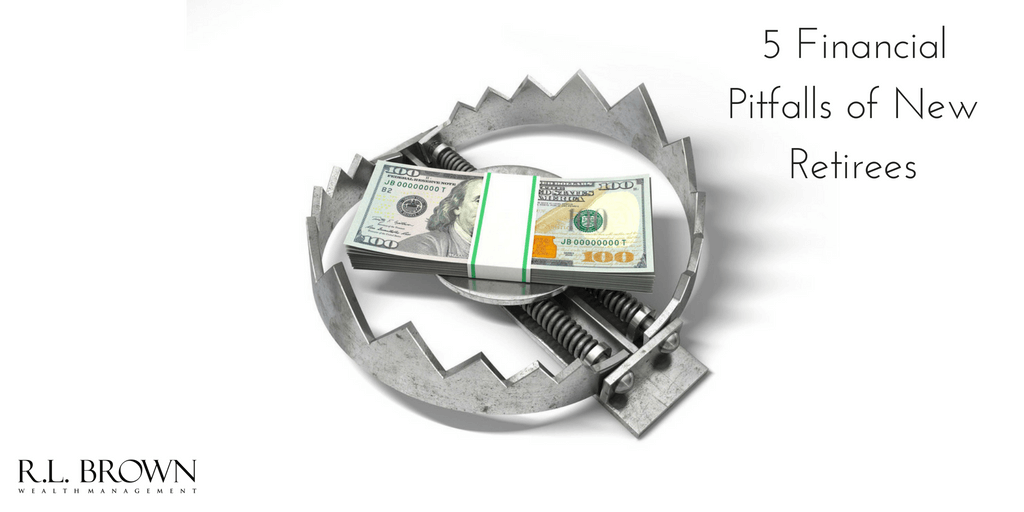We’ve all heard about the value of maxing out 401(k) contributions so you can boost your retirement savings while simultaneously reducing tax consequences. Like many things in life, this strategy makes sense for many, but not all.
Everyone has a different set of circumstances, needs, and goals that will determine which savings approach is best for them. Following are three scenarios in which you may want go against the common wisdom of contributing the maximum amount to your 401(k).
1. Debt with high interest
You should refrain from contributing to retirement accounts if it will prevent you from getting rid of high-interest rate loans, such as credit card debt. Why?
Well, when you pay off debt, your ‘return’ on investment is equal to the interest rate you’re paying. If you assume your investment portfolio will return 8%, then eliminating debt that carries interest higher than that would put you ahead of that stock market investment. Just as the interest on your savings is compounding to build your assets, so the interest on your debt is compounding to tear them down. That’s why you should generally prioritize eliminating current high-interest debts before investing too much in your 401(k). The sooner you pay off these high-interest balances, the less interest you’ll owe.
2. You’ve already met your employer match
As you’ve heard me mention before, if your employer offers a 401(k) match, you should always try to contribute at least enough to receive that benefit. Remember, this is a 50 to 100 percent automatic return on your investment. It’s free money; you can’t beat that.
If you’ve already met your employer’s match in your 401(k), however, I recommend examining some other investment options before you contribute anything extra to that account.
This is especially true if your 401(k) offers limited investment options. Depending on your income level, an IRA may give the same tax benefits as your 401(k), and they typically give you many more investment options. Some of these investment options may also be less expensive and/or give you higher performance potential, resulting in greater retirement savings down the road.
3. You don’t have an adequate emergency account
Don’t let your retirement savings strategy leave you without an adequate emergency fund. In the unfortunate case of a job loss, medical emergency or other personal crisis, you’ll want to have enough liquid savings to carry your family through to safety.
Before contributing above and beyond your company’s 401(k) match, build up at least six months of living expenses in a separate bank account.
Lack of emergency savings puts you in danger of major credit card and loan debt, as relying on credit commonly becomes the backup solution. The costly interest rates you’ll face often compound so quickly that you’ll just drift deeper and deeper into debt.
Financial emergencies also create the temptation to dip into your 401(k) early. Early withdrawal is a costly prospect. You will often be required to pay a 10% penalty fee (if under age 59 ½) on top of income tax. Plus, you’re removing assets with tax-advantaged growth potential. Yes, there are some narrowly defined exceptions to the penalty, but most people will pay dearly for early access to those funds.
Building up an emergency fund is a must. The safety net of that money will be there for times when life throws you the inevitable financial curveball.
The bottom line
There is no denying that a 401(k) is a great way to save for retirement. But as you’ve now learned, there are several other important factors to consider. Tread carefully when deciding when to save for retirement and when to eliminate debt. You’ll thank yourself later.
Do you have unanswered questions about when adding more to your retirement plan makes sense? Let me know in the comments.







